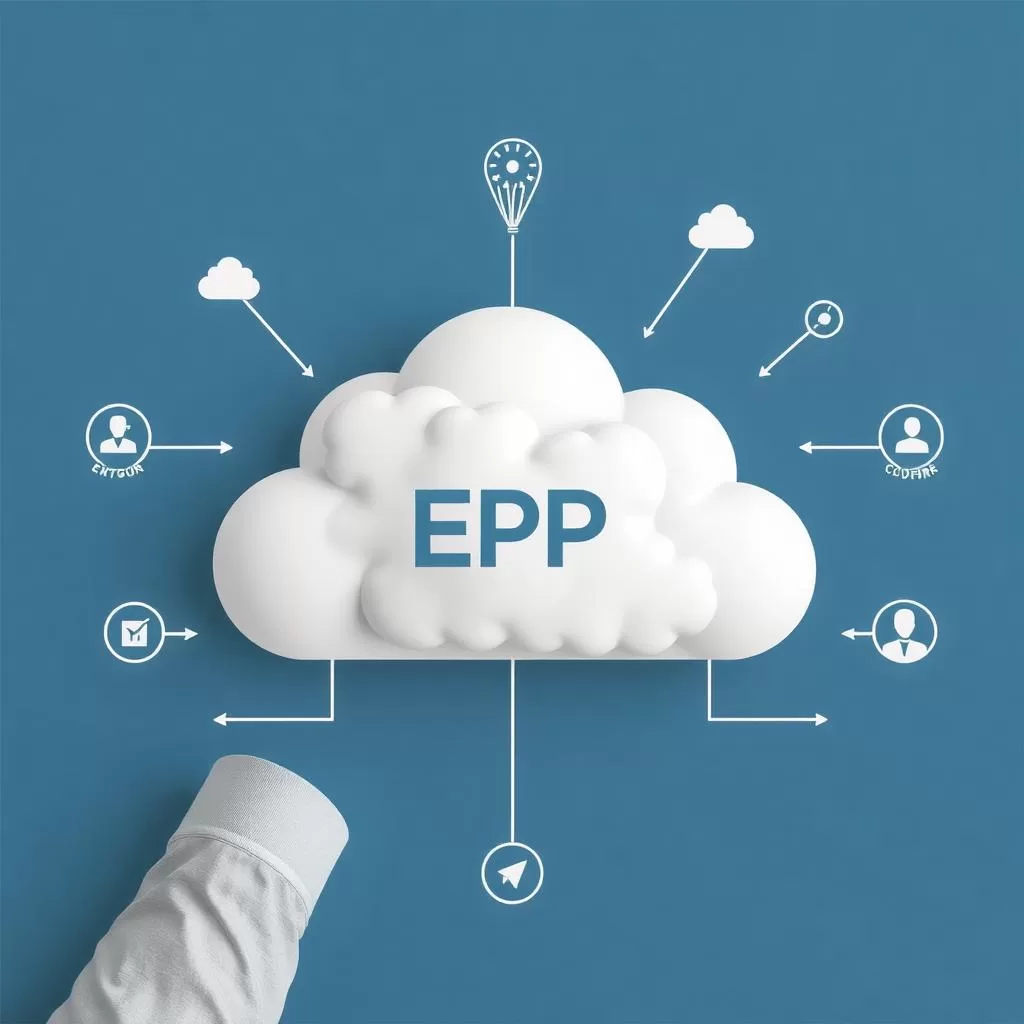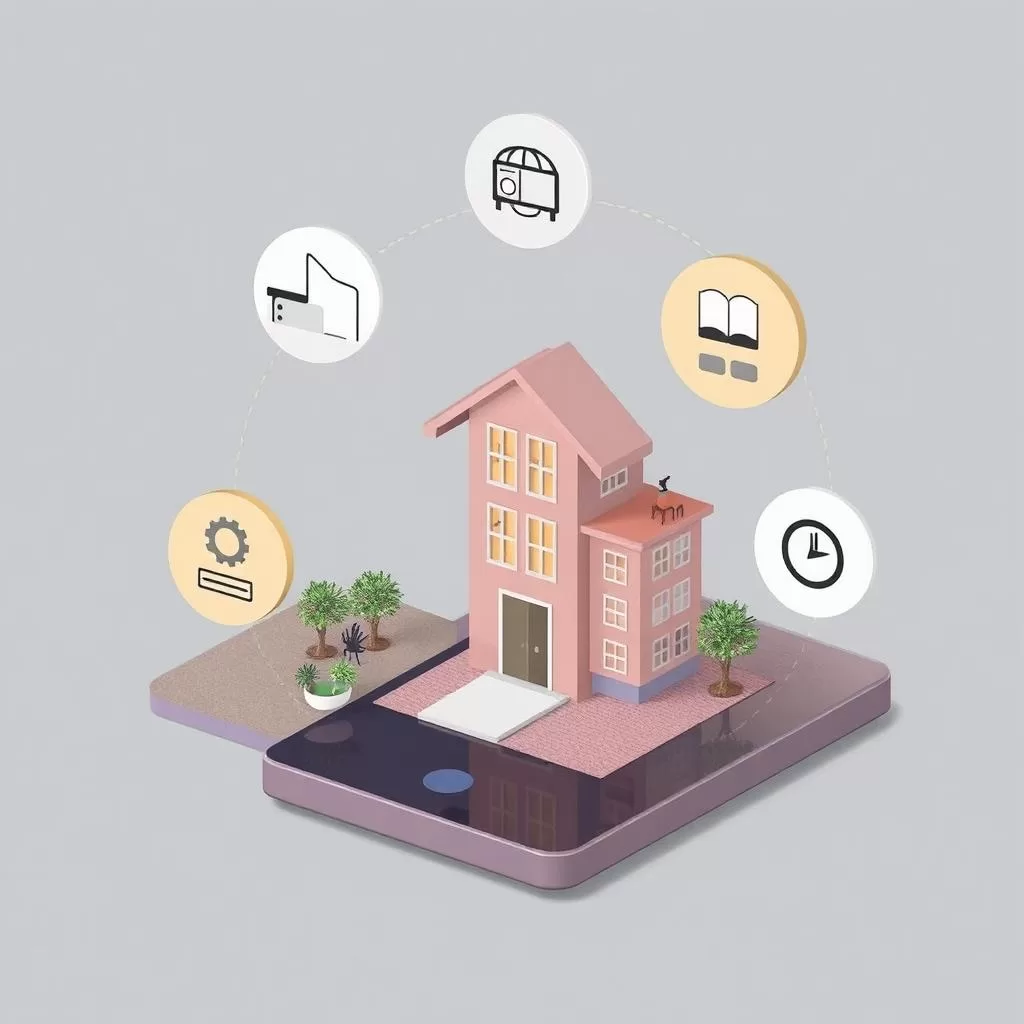The Future of AI in Africa: How it is Transforming it
Africa is undergoing a tech transformation, and artificial intelligence (AI) is at the center of it. From healthcare and agriculture to finance and smart cities, AI is creating new opportunities, improving efficiency, and solving real-world problems. It is therefore essential to establish the future of AI in Africa.
But how exactly is AI impacting Africa, and what does the future hold?
What You’ll Learn in This Article:
- Challenges and the Future of AI in Africa:
Despite the progress, there are challenges to widespread AI adoption, including a shortage of skilled professionals and inadequate infrastructure. However, the future looks promising, with increased investment in AI research, education, and infrastructure paving the way for broader adoption across Africa. - How AI is Transforming Key Industries in Africa:
AI is making significant strides in sectors such as healthcare, agriculture, and finance. For instance, AI-driven solutions are helping farmers optimize crop yields, improving healthcare delivery through data-driven diagnostics, and enhancing financial services by providing better access to credit and payments. - The Rise of AI Startups and Innovations:
Additionally, the continent is seeing a surge in AI startups that are introducing innovative solutions. These startups are tackling local challenges, from transportation efficiency to improving education access, creating new opportunities and driving growth.
AI in Healthcare: Revolutionizing Medical Services
Africa faces numerous healthcare challenges, including limited access to doctors, underfunded hospitals, and frequent disease outbreaks. However, AI is helping bridge these gaps by offering innovative solutions:
- Drug Discovery & Medical Research:
AI is accelerating vaccine development and medical research, enabling faster identification of potential treatments and improving overall healthcare outcomes. - AI-Powered Disease Detection:
Machine learning algorithms are enabling early and accurate diagnoses for diseases like malaria, tuberculosis, and COVID-19. This significantly improves disease management and response times. - Telemedicine & AI Chatbots:
Additionally, AI-powered telemedicine platforms and chatbots provide remote healthcare advice in local languages, making healthcare more accessible to people in rural and underserved areas.
💡 For example, in Kenya, AI startup mDaktari uses AI chatbots to provide medical advice via WhatsApp.
AI in Agriculture: Boosting Food Security
Agriculture is Africa’s largest employer, yet farmers face significant challenges, such as climate change, poor soil quality, and low yields. Fortunately, AI is transforming the agricultural landscape through the following innovations:
- Automated Pest Detection.
AI-powered cameras are also helping farmers detect crop diseases early, enabling timely intervention and reducing the risk of widespread crop damage. - Smart Farming & AI-Powered Drones.
AI enables farmers to monitor crop health more efficiently through drones, which also help predict yields. This allows for better resource management and improved crop productivity. - AI-Based Weather Forecasting.
Additionally, AI provides farmers with real-time weather alerts, allowing them to make informed decisions about planting and harvesting. This reduces the impact of unpredictable weather conditions.
💡 Example: Aerobotics (South Africa) uses AI-driven drones to analyze crops and improve harvests.
AI in Financial Services & Banking
Africa’s fintech boom is being driven by AI, which is providing millions of unbanked people with access to digital financial services. Some key AI innovations in fintech include:
- AI Chatbots in Banking:
Virtual assistants powered by AI are streamlining customer service, handling inquiries efficiently, and providing instant support to bank clients, making banking more accessible. - AI-Powered Fraud Detection:
AI systems are preventing mobile money scams and cyber fraud by analyzing transaction patterns and identifying suspicious activities, thus enhancing security for users. - AI-Driven Credit Scoring:
Additionally, AI is improving credit scoring by evaluating non-traditional data, enabling individuals without bank accounts to access instant loans and financial services.
💡 For example, Pezesha (Kenya) uses AI to assess loan applications for small businesses.
🔗 Related: How Blockchain is revolutionizing Africa
AI in Education: Transforming the Future of Learning in Africa
AI is helping to address these issues through innovative solutions:
- Voice Assistants for Learning:
AI-powered chatbots and voice assistants offer educational support in local languages, making learning more accessible and engaging for students across different regions. - AI-Powered Tutoring Apps:
AI is personalizing education by providing tailored tutoring to students, helping them learn at their own pace and improving academic outcomes. - Automated Grading & Assessments:
Additionally, AI is speeding up the grading process and student evaluations, allowing teachers to focus more on instruction while ensuring timely feedback for students.
💡 For example, uLesson (Nigeria) uses AI-powered apps to offer affordable online learning.
AI transforming the Future of Africa via Smart Cities & Infrastructure
With rapid urbanization, AI is helping make African cities smarter and more efficient by introducing innovative solutions:
- Smart Waste Management:
AI sensors are optimizing garbage collection by monitoring waste levels, ensuring more efficient and timely disposal, and contributing to cleaner, healthier cities. - AI-Powered Traffic Management:
AI-driven smart traffic lights are reducing congestion by adjusting traffic flow in real-time, improving the overall efficiency of city transportation systems. - Surveillance & Security AI:
Additionally, AI-based facial recognition systems are enhancing public safety, enabling authorities to quickly identify potential threats and improve security measures in urban areas.
💡 For example, Rwanda’s Kigali Smart City uses AI cameras to manage urban traffic and security.
The Rise of AI Startups in Africa
AI startups are growing rapidly across Africa, providing innovative solutions to local problems with AI-powered technologies. Some of the top AI startups in Africa include:
- Miiro AI (Nigeria):
Miiro AI develops AI-powered voice assistants that cater to African languages, bridging the language gap and making technology more accessible to diverse communities across the continent. - Zindi (South Africa):
Zindi is Africa’s largest AI competition platform, connecting data scientists with organizations to tackle real-world problems using AI and machine learning. - DataProphet (South Africa):
DataProphet uses AI to automate manufacturing processes, helping businesses improve production efficiency and reduce operational costs through advanced machine learning models.
💡 In fact, In the year 2023, African AI startups raised over $200 million in funding.
Challenges of AI Adoption in Africa
Despite AI’s immense potential, Africa faces several challenges in fully adopting the technology. These hurdles include:
- Data Privacy Concerns:
Weak data protection laws in many African countries also slow down the growth of AI. Without strong regulations, the risk of data misuse and privacy violations remains a significant issue. - Limited AI Talent.
A shortage of AI professionals exists, as few universities across the continent offer specialized AI courses. This makes it difficult to build a skilled workforce. - High Cost of AI Infrastructure.
Additionally, many companies struggle to afford the high costs associated with implementing AI solutions. This can hinder adoption, especially among small and medium-sized enterprises.
💡 Solution: Governments and tech companies are investing in AI education and local data centers.
The Future of AI in Africa
The future of AI in Africa looks promising, with several key developments shaping its growth:
- AI-Driven Economic Growth.
Furthermore, AI is expected to significantly contribute to Africa’s economic growth. The projections estimating that it could add $1.5 trillion to Africa’s GDP by 2030, unlocking new opportunities across various sectors. - AI-Powered Government Services.
AI will streamline government processes. This will enable faster and more efficient processing of IDs, passports, and tax records, improving public service delivery. - More African Languages in AI.
Additionally, the integration of more African languages into AI systems, such as Swahili, Hausa, and Amharic. This will make voice assistants and chatbots more accessible to a broader population.
💡 For example, Google’s AI research lab in Ghana is developing AI solutions for Africa.
Conclusion: Africa’s AI Revolution is Just Beginning
AI is set to transform Africa’s economy, improving healthcare, agriculture, finance, and urban living. With growing investments, AI startups, and government support, Africa is on the path to becoming a global AI hub.
Key Takeaways:
- More Investments and AI Talent Development are Needed for Growth.
However, for AI’s potential to be fully realized. This is due to increased investments and a focus on developing AI talent across the continent will be essential. - AI is Solving Africa’s Biggest Challenges.
AI is making significant strides in addressing key issues such as healthcare, education, and agriculture. As a result, it offers innovative solutions to longstanding problems. - Fintech, Agriculture, and Smart Cities are Leading AI Adoption.
Additionally, sectors like fintech, agriculture, and urban development are at the forefront of AI adoption. This has a positive impact on driving economic growth and improving everyday life.
Have an AI project in mind? Contact Teknikali Tech today and get started.
💬 Do you think AI will replace traditional jobs in Africa? Share your thoughts in the comments!
Share this content:







Post Comment